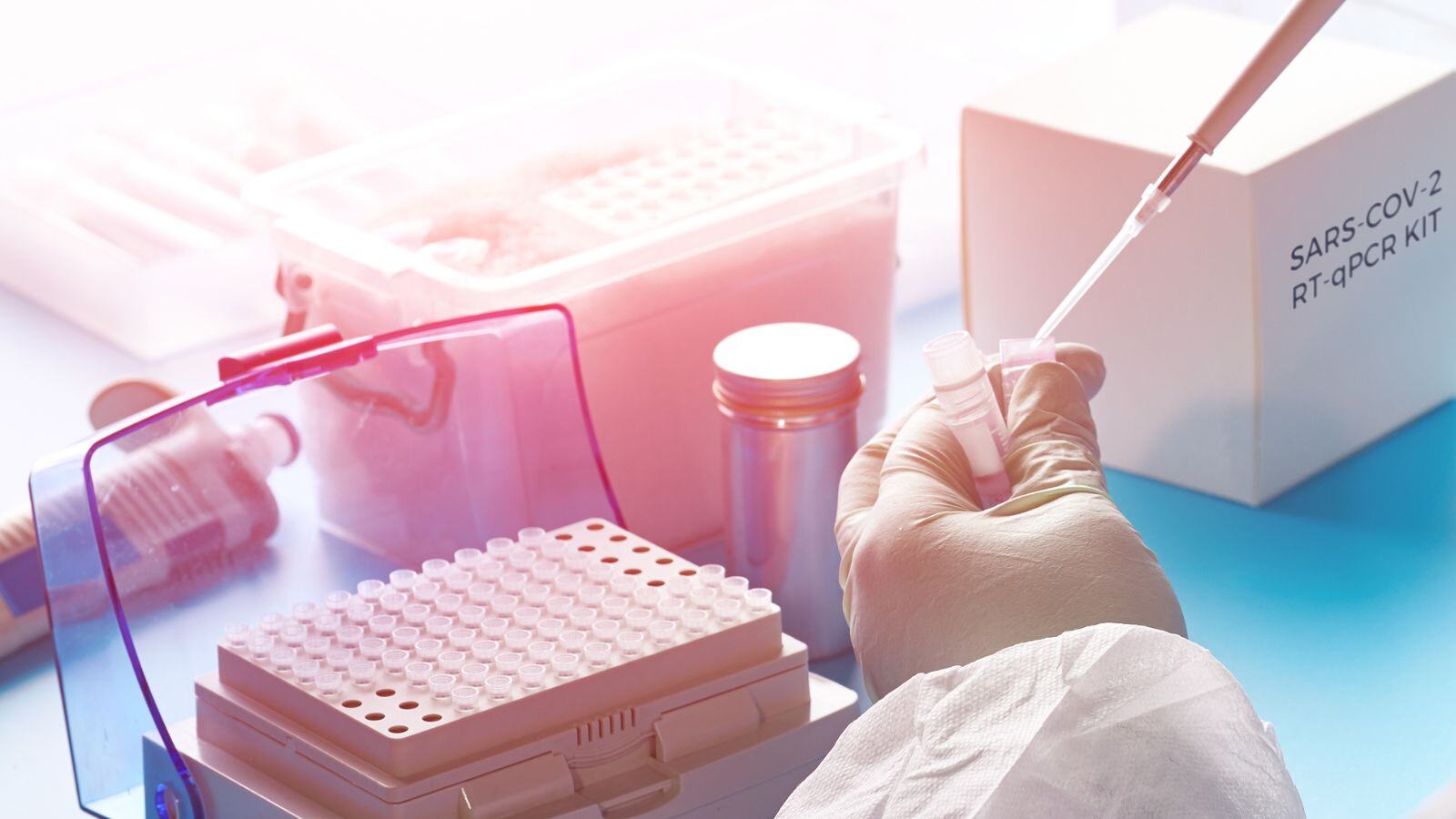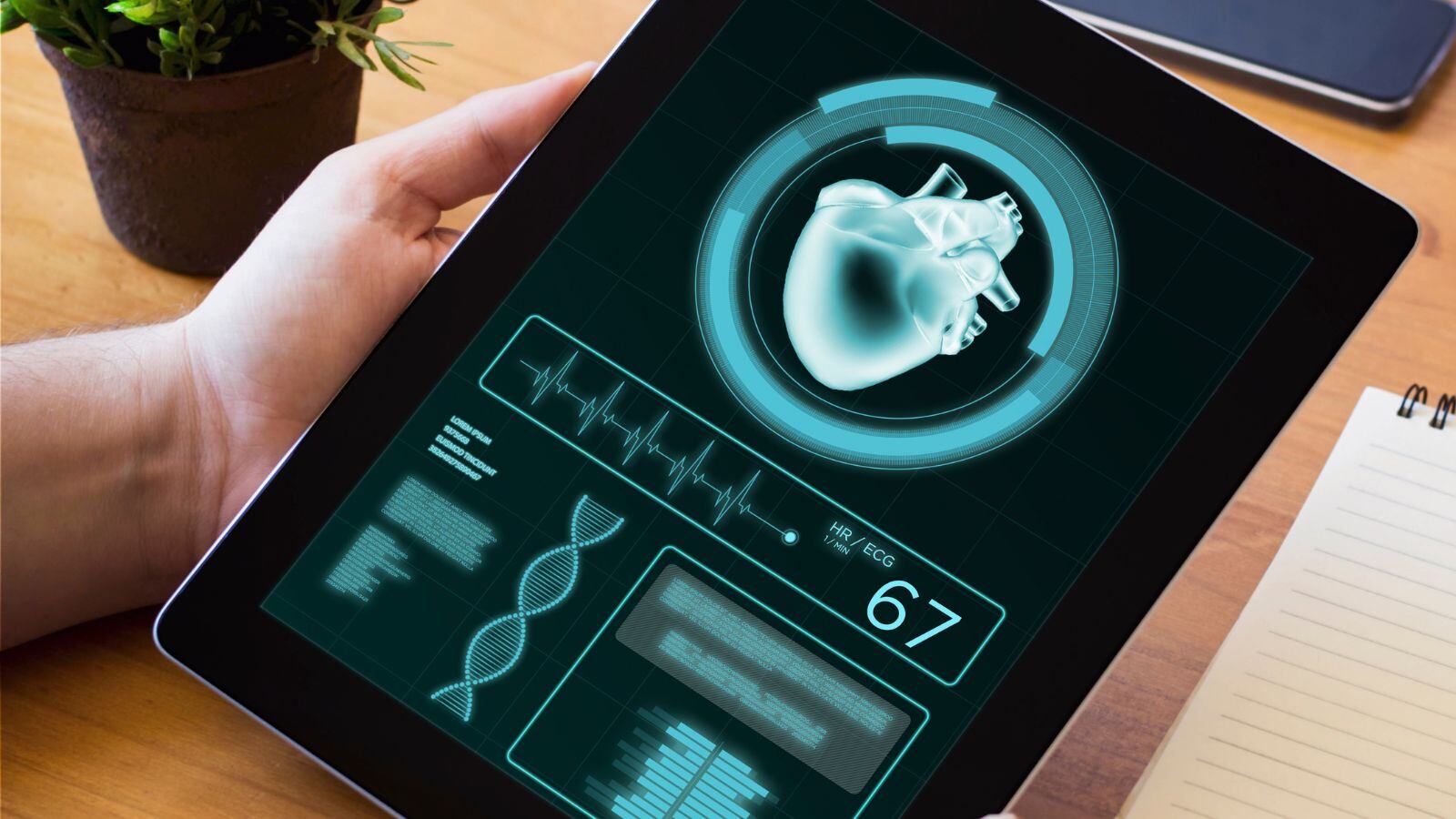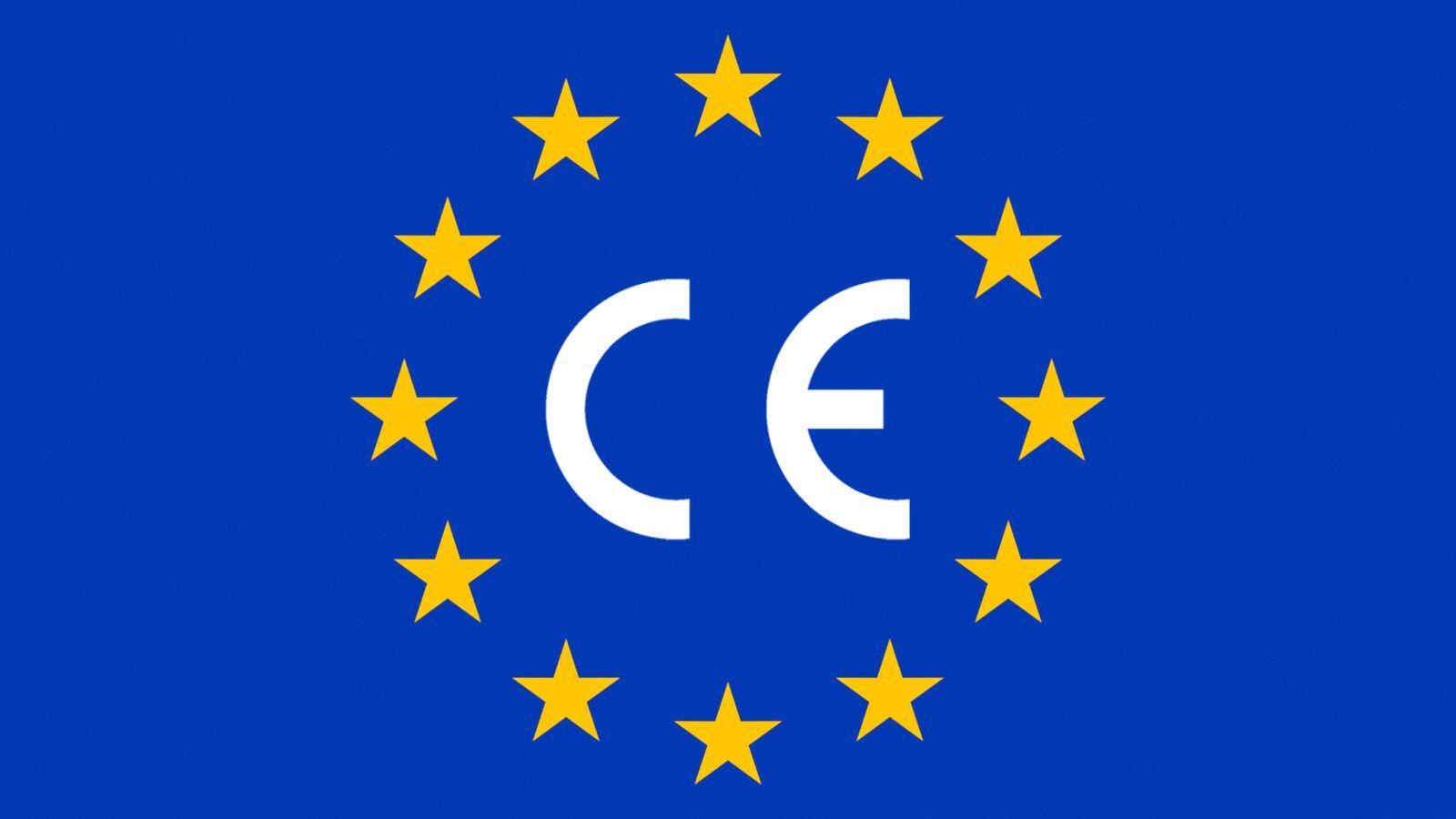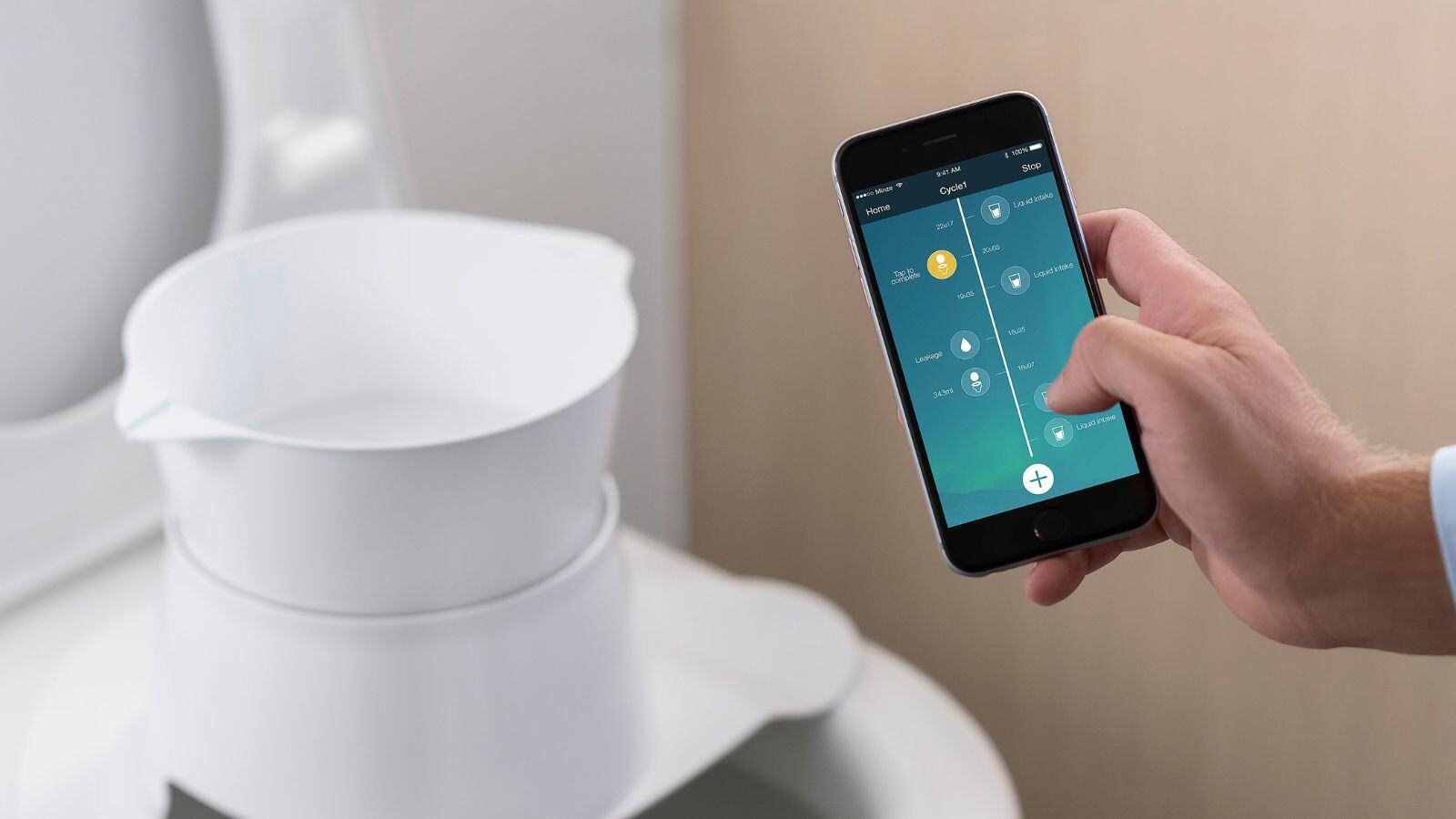Every day, patients around the world participate in clinical trials. Their contributions are crucial, as they ensure the progress of vital research. However, research involving human subjects could also entail considerable risks. That’s why Good Clinical Practice (GCP) is there to protect patients’ rights. Recently, GCP has been expanded with an addendum. What has changed? Let’s first take an overall look at GCP before we answer that question.
GCP guidelines meticulously describe how clinical trials must be conducted to protect the participating patients. They have been defined by ICH, the International Conference of Harmonization, an international organization that defines standards, which governments can transpose into regulations. Overall, GCP guidelines are clustered into 4 thematic categories: Efficacy, Quality, Safety, and Other guidelines.
While the production of medicine and devices is subject to Good Manufacturing Practices (GMP) or Medical Device Regulations, GCP specifically focuses on the protection of the patient in all 4 phases of clinical trials. It covers the safety study in Phase 1, as well as the safety study, identification of side effects, and measurement of effectiveness in Phase 2. It also protects the patients that are added to monitor side effects and measure effectiveness in phase 3, and it covers the post-marketing study in the final phase.
Modernising GCP guidelines & ensuring data privacy
Since GCP guidelines were first published in 1996, many things have changed. For instance, computerized systems now have an essential role in clinical trials. That’s why Good Clinical Practice E6(R2) has been modernized with additional recommendations. This way, the former regulations have been updated to the current standards. Unsurprisingly, one of the focus groups is now related to computerized systems and their validation in clinical trials.
Of course, GCP also focuses on one of the hottest topics of our time: data privacy. In this regard, GCP even scores better than GMP. After all, clinical trials are all about data, related to human subjects. Moreover, the updated data privacy regulations even go a bit further than the GCP regulations did till now, thanks to some detailed amendments.
The future of GCP
With growing ethical concerns over patient safety, privacy, and other topics, it’s clear that GCP will need to keep up with further changes. The role of computerized systems will only grow, as they evolve and create more and more possibilities in clinical trials, especially in generating, storing, and analyzing data. As clinical trials keep changing over time, more amendments will be added – all for the good of the patient.














%20Checklist.jpg)








.jpg)




.jpg)
.jpg)

.jpg)


.jpg)
.jpg)
.png)